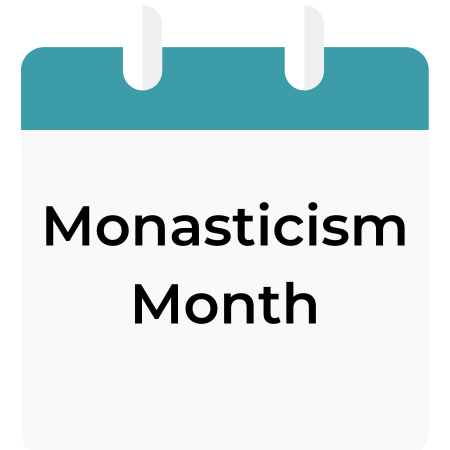A Life of Simplicity and Poverty

Fr Yostos El Antony was born as Naguib in 1910 in in the village of Zarabee, near Assiut, just miles away from the Al Moharraq monastery. When he was young, he learned both Coptic and Arabic and was a reader in the church.
In 1939, Naguib went to the monastery of St. Paul the Hermit as a novice. Once he officially became a monk in 1941, Father Yostos moved to the nearby Monastery of St. Antony.
There are three vows associated with monasticism: poverty, chastity, and obedience. Father Yostos took the vow of poverty very seriously; he was a true example of holy simplicity. Despite receiving a small monthly allowance like all monks, he never kept money for himself, often giving it away or entrusting it to other monks. His possessions were few: an old tunic, a worn-out pair of shoes, a simple cap, and a blanket for the winter months — though even then, he rarely used it. His cell was hardly more than two bare rooms with palm-branch roofs. Yet he did not consider even this simple cell his own, often choosing to sleep under a tree instead.
He shared most of his food with workers or animals in the monastery, sustaining himself on the bare minimum. Throughout his 35 years as a monk, Father Yostos practiced extreme fasting and memorized large portions of Scripture and the Agpeya. Much like the desert fathers before him, he dedicated his whole being to prayer, praising God without ceasing.
Father Yostos embodied Christ’s teaching, “For where your treasure is, there your heart will be also” (Matthew 6:21). His treasure was not in money or possessions, but in prayer, Scripture, and humility. St. Jerome comments on this verse that what we treasure reveals our true master — whether that is gluttony, lust, or God Himself. St. John Chrysostom reminds us to send our treasure to our eternal home, not store it up where we cannot stay long.
Father Yostos did not frequently talk to visitors, but there are two things he often said. The first is “Thank God,” which serves as a reminder that all good things come from above. Secondly, he frequently said “What time is it?” It is a frequent reminder that our time on Earth is temporary, and the things of the world are insignificant. This saying is a reminder that the end is near and a reminder not to neglect our spiritual responsibilities.
Father Yostos departed this world in 1976, and his feast is celebrated on the 8th of Kiahk (December 17). His life stands as a powerful example for all Christians — a reminder that true treasure is found in a relationship with God rather than in the fleeting comforts of this world.
May the prayers and blessings of Father Yostos el Antony inspire us to live simply, humbly, and fully devoted to Christ. Amen.
Resources

